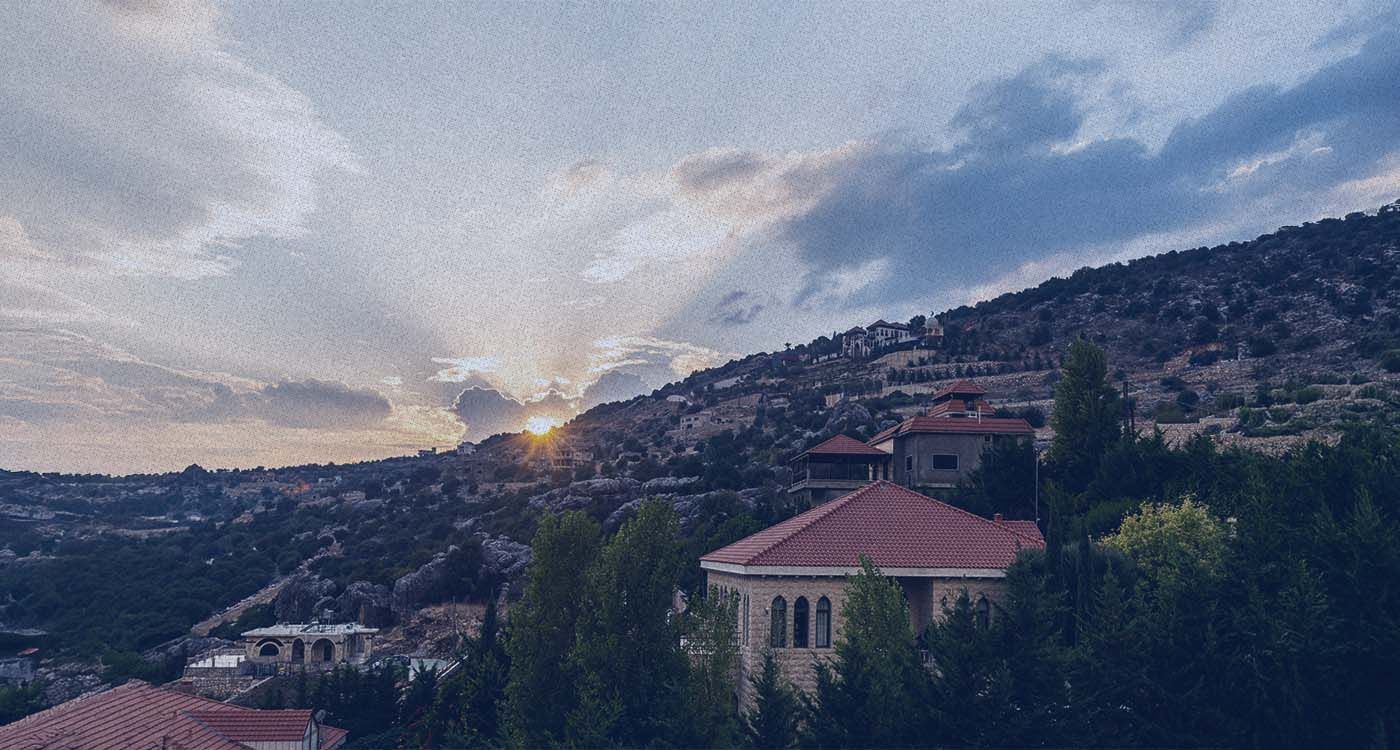
More than six months after the ceasefire between Tel Aviv and Beirut, tension still grips southern Lebanon. Israeli troops remain stationed in parts of the border region, even though the withdrawal deadline has passed. Yet amid the uncertainty, families are making their way back - cautiously, deliberately - to villages scarred by the thirteen-month war between Israel and Hezbollah.
Drones hover overhead. Sporadic gunfire continues. Targeted killings still occur. But residents are not waiting for peace. They are returning not out of hope, but out of refusal to remain displaced, to surrender their place.
This is a return marked not by celebration, but by quiet resolve - into ruin, risk, and the unknown.
As schoolbooks are packed away and final exams end, another kind of “return” begins. In Khiam, a hilltop village near the border, Halim has come back after a year in Saida with his wife and two children, where they rented a tiny apartment at an extortionate price.
“Once the school year ended, we decided to return,” he says. “We were tired of paying insane rent for a space that never felt like home. I’d rather sleep in my cracked-walled house than in a place where I don’t belong.”
In Bourj al-Moulouk, Deir Mimas, Shebaa, and Kfarchouba, life stirs once more in narrow, sloping streets. Car doors slam. Shutters creak open. Children run.
The scars of war are everywhere: roofs patched with plastic sheeting, walls pockmarked and broken. Yet to those returning, these are not just signs of damage. They are reminders that something still lives here.
Public and private schools are reopening. Enrollment for the coming year moves slowly but steadily.
The buildings may be battered, but for many, returning marks a reassertion of continuity and an act of belonging.
Fifteen-year-old Zeina can hardly contain her joy: “Mom said I will be here next year. I’ll have my place again, my teachers and my friends.” And for her, and many others, re-enrolling in the village school says more than words ever could: “We are staying.”
Rebuilding Walls and Restoring Lives
In cities that became refuges for those displaced by war - Tyre, Nabatiyeh, Beirut - life had become unbearable. Families crammed into tiny apartments were slowly suffocating.
“Every month, I had to borrow money just to pay rent. That’s not a life,” says Ghada, a mother of three who has returned to her home in Kfarchouba.
But it wasn’t only the financial strain that drove her back. It was the emotional toll and the feeling of being uprooted and trapped in a place that never felt like home.
“Even if the war starts again,” says Hassan, a retired man from Halta, “I’d rather die in my own house than survive somewhere else.”
Once shelter is secured, the urgent task is to revive the local economy - to reopen shops, restore livelihoods, and breathe life back into villages long abandoned.
With infrastructure shattered, roads damaged, and institutional support absent, residents rely on solidarity, ingenuity, and determination.
“My grocery store was destroyed,” says Jawad, 55, whose shop was leveled by airstrikes. “But I couldn’t just sit in Beirut, spending my savings on rent with no income. So, my sons and I began clearing the rubble, cleaning up. We’re repairing just enough to reopen.”
The challenge is daunting. The funds needed to rebuild are immense in a country where money is scarce.
“We make do with what we have. We patch things up. That’s resilience, I suppose,” says Jawad.
For many, these small businesses are more than a source of income; they are a means to reclaim dignity after months of hardship and dependency.
Living Under Threat, Yet Choosing to Live
Their return unfolds under a constant shadow of danger. Though a ceasefire has been in place since November 2024, the drone hum overhead, distant explosions, and whispers of renewed conflict keep fear alive.
“We still work with fear in our hearts,” whispers Siham, repairing her shop in Marjayoun. “We fixed a wall, but who knows if it’ll be destroyed again tomorrow? We live day by day, but we need to live well.”
This uncertainty makes every investment fragile, every decision heavy with doubt. Yet the people press on, refusing to give up.
Thanks to their resilience, South Lebanon moves forward, step by cautious step, toward a fragile normalcy driven by the quiet and stubborn resolve of those who no longer have the luxury to wait.
It is not enthusiasm that draws families back. It is weariness. It is attachment.
It is not a promise of a future. It is an assertion of a fundamental right: the right to live in one’s own home.



Comments